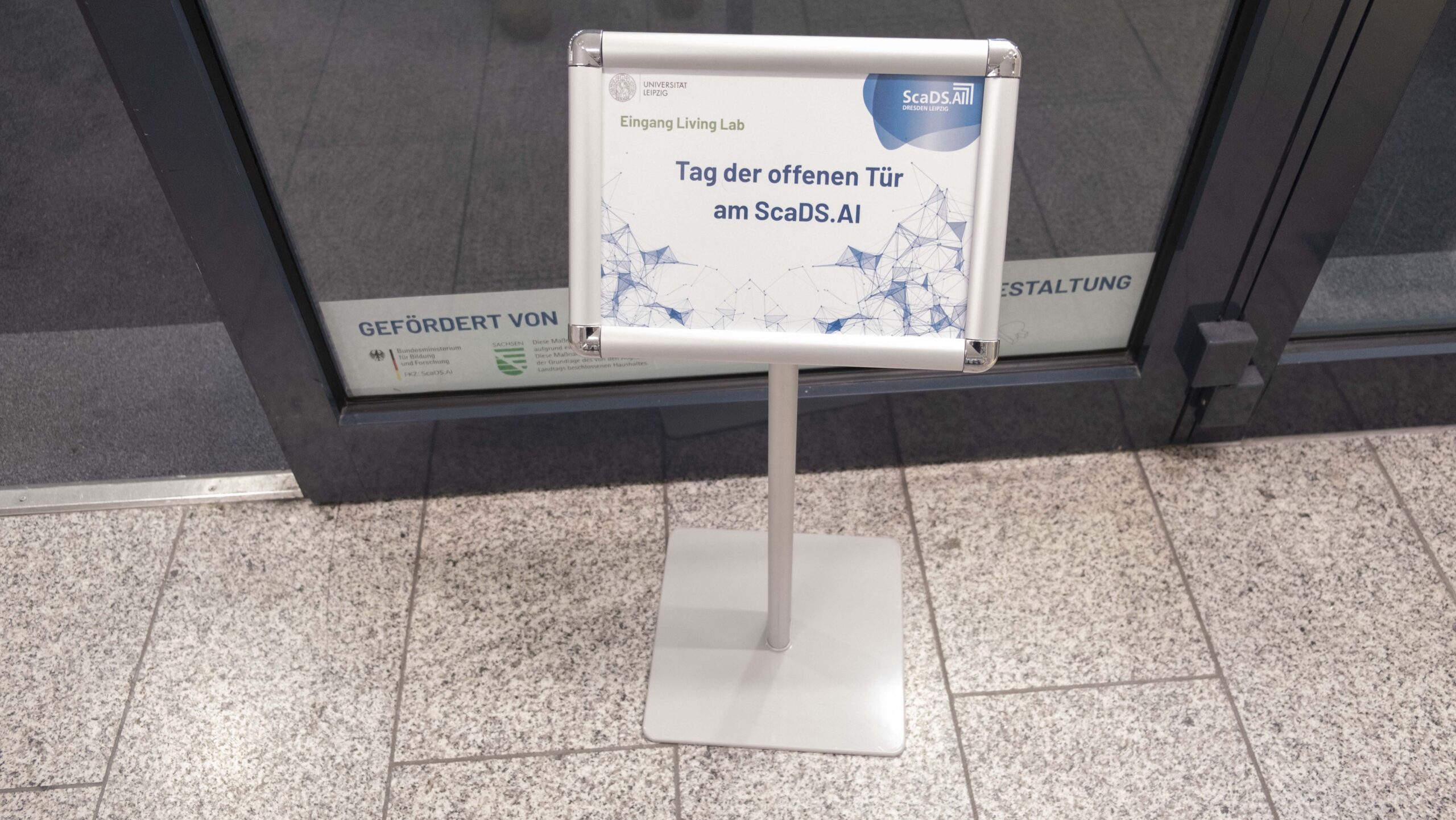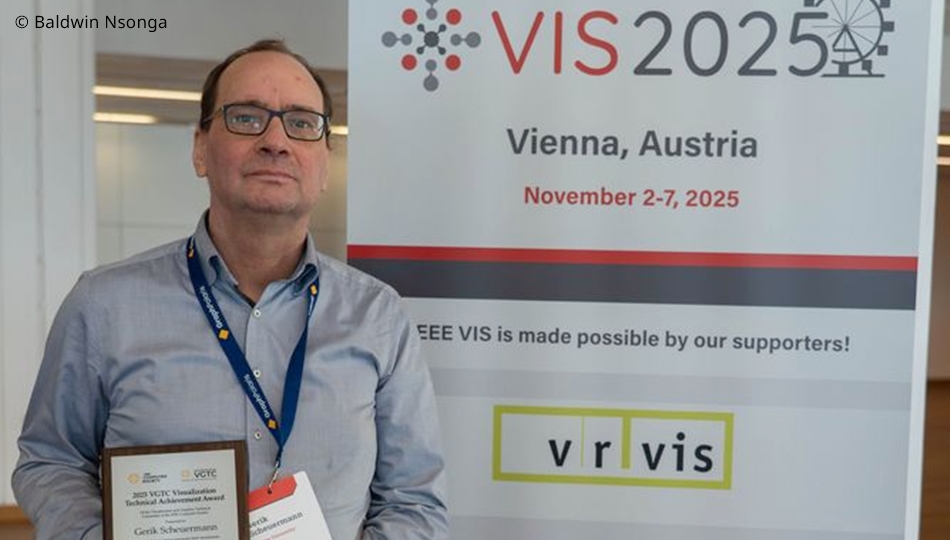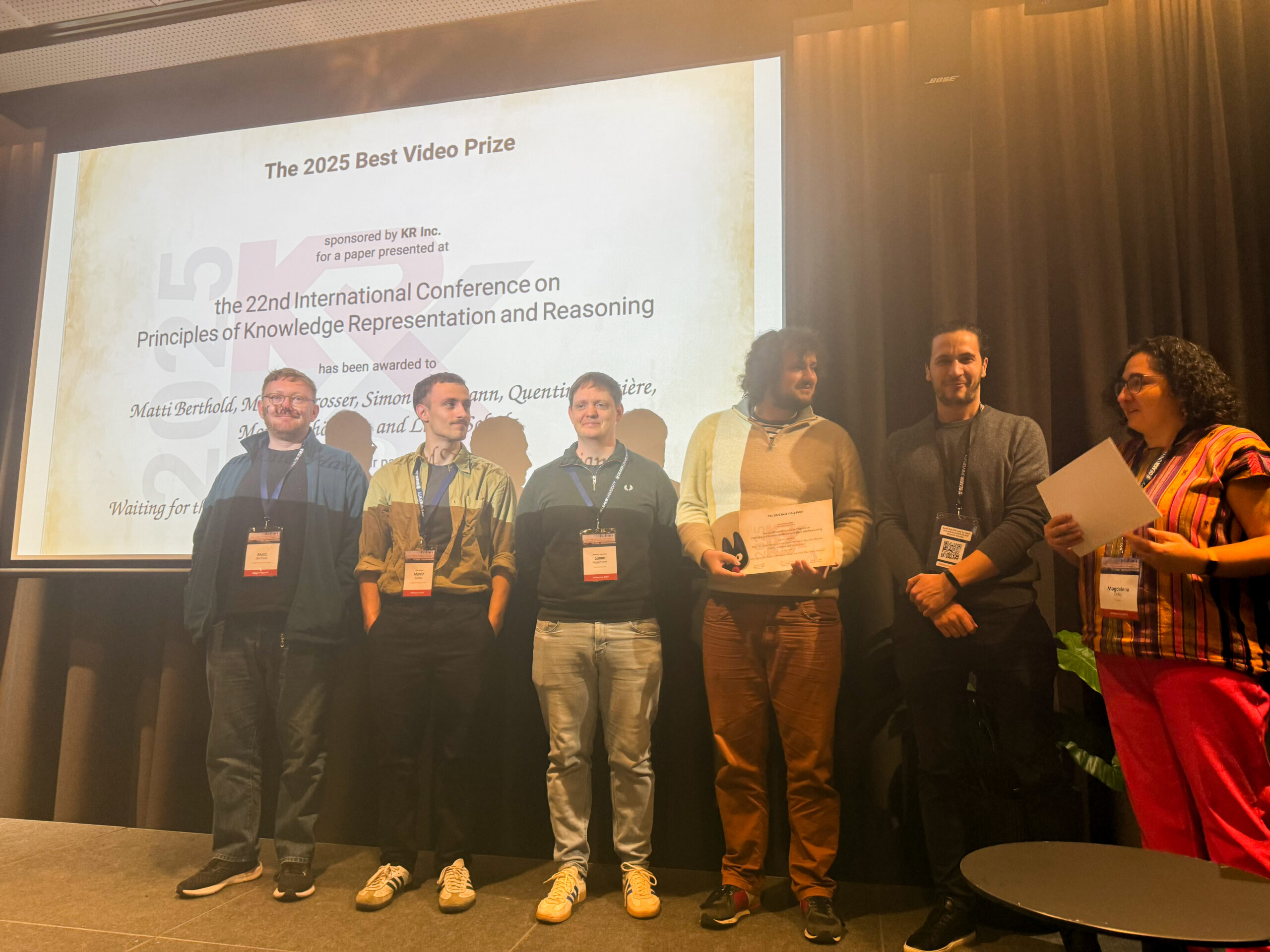
November 14, 2025
Inspired by the brain: Supercomputer boosts AI research at ScaDS.AI Dresden/Leipzig

New technology for drug research and climate modelling.
This text was written by Anne Grimm from the Press and Public Relations Office of the Leipzig Medical Faculty and translated for the website of ScaDS.AI Dresden/Leipzig. Find the original press release from October 28, 20205 here.
Researchers at the Leipzig site of ScaDS.AI Dresden/Leipzig at Leipzig University are now working with a brain-inspired supercomputer. The recently established technical infrastructure, which received approximately four million euros in funding, started operating in October and offers a system with powerful computing capabilities and low energy consumption. Alongside other advantages, this development creates new possibilities for scientists in the field of personalised medicine.
The human brain – a network of countless nerve cells – is the world’s most powerful natural computer. The AI chip-controlled system that was recently developed at Leipzig University is based on this mode of operation. In the computer centre on the Augustusplatz campus, the many small blue lights of the server flash –representing entirely new possibilities for the scientific work of researchers from various disciplines.
The new supercomputer will be used at Leipzig University for AI-supported drug discovery, among other things. “Technical systems that function like natural neural networks are ideal for solving complex problems, such as those encountered in the discovery of new drugs. This new AI-supported technology will help us predict protein structures and identify completely new drug candidates for pharmaceutical research. We hope to achieve a 10,000-fold acceleration in the future once our algorithms have been adapted to the new hardware. This is an important step for personalized medicine, in which short development cycles and patient-specific adaptability play a crucial role,” says Humboldt Professor Jens Meiler. The head of the Institute for Drug Discovery (Meiler Lab) at the Faculty of Medicine and Scientific Director of ScaDS.AI Dresden/Leipzig has secured funding of around four million euros from the Free State of Saxony for the new research infrastructure.


In the long term, the new system will strengthen the scientific infrastructure at the Leipzig site. It will enable applications that go beyond traditional high-performance computing, including real-time artificial intelligence, adaptive systems, and neuromorphic signal processing. The technical platform requires around 18 times less power than standard high-performance computers. In the future, it will be integrated into the AI computing centre currently under construction at Leipzig University.
“This technology is an example of how the development of personalised medicines can be accelerated on a massive scale while also strengthening Europe’s technological sovereignty in the fields of AI and supercomputing,” says Professor Christian Mayr, who founded the chip start-up SpiNNcloud while working as a professor at TU Dresden and who has been using this innovative supercomputer at his university and ScaDS.AI Dresden/Leipzig since early 2025.
In its initial phase, the new system will be used by research groups at Leipzig University from the fields of medicine (including the new LeiCeM Cluster of Excellence), computer science and physics, as well as by the Max Planck Institute for Human Cognitive and Brain Sciences. Specifically, the search is on for active substances for a receptor that plays a major role in metabolic diseases, which are being investigated at LeiCeM. Other research areas include the development of algorithms for environmental and climate models, knowledge graphs, AI-supported decision-making in cancer research, and optimizing wireless communication technologies for biomedical applications.
The new supercomputer is part of the ScaDS.AI Dresden/Leipzig AI Competence Center, which bridges the gap between efficient mass data usage, knowledge management and advanced AI by consolidating regional big data expertise. Financial support from the European Regional Development Fund (ERDF) and the Free State of Saxony made the project at Leipzig University possible.






